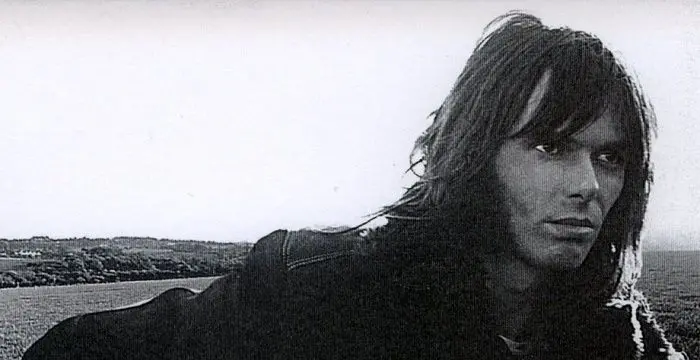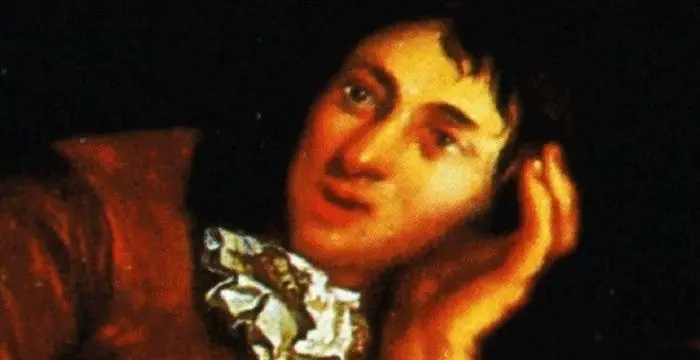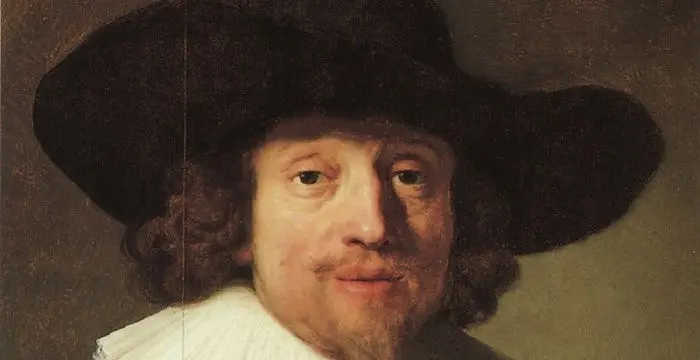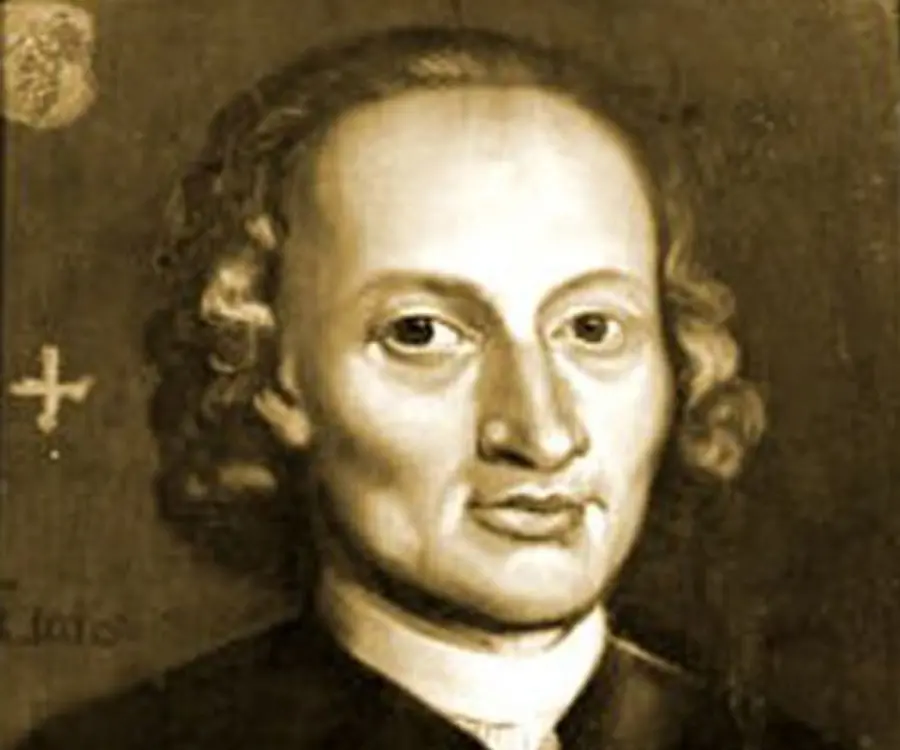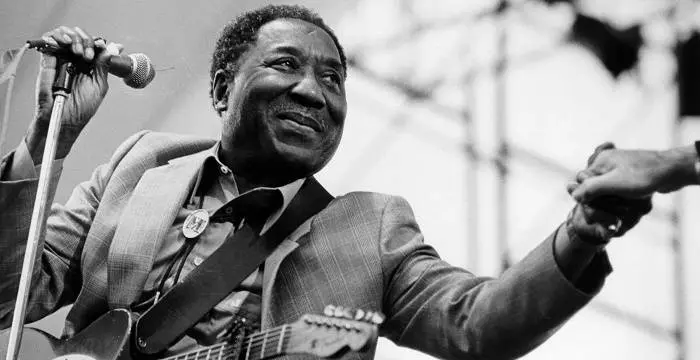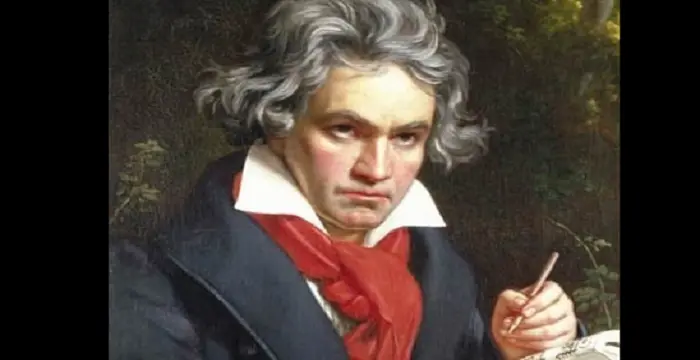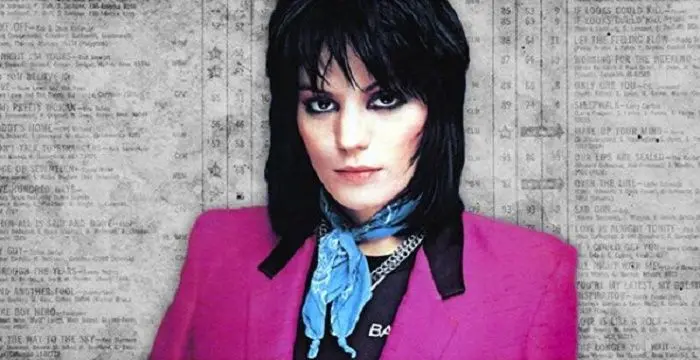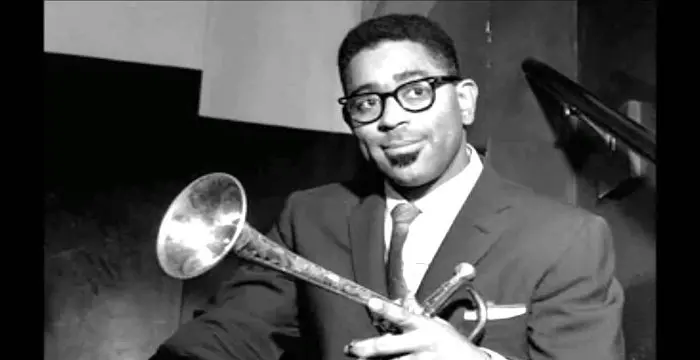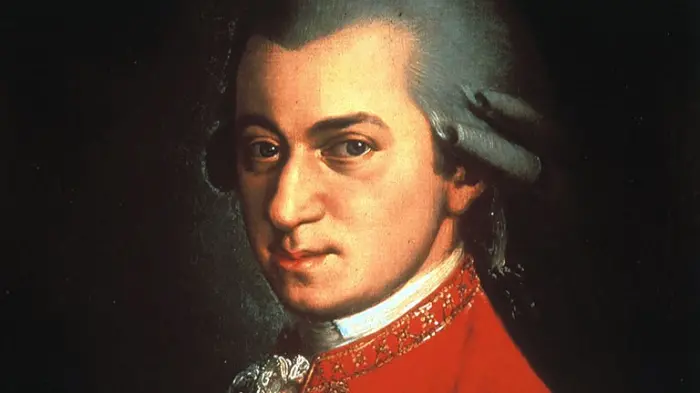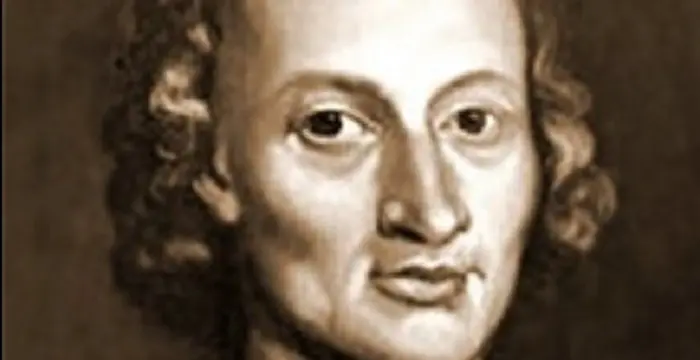
Johann Pachelbel - Teacher, Career and Family
Johann Pachelbel's Personal Details
Johann Pachelbel was a famous Baroque composer and organist
| Information | Detail |
|---|---|
| Birthday | September 1, 1653 |
| Died on | March 9, 1706 |
| Nationality | German |
| Famous | Musicians, Composers, Organist, Teacher |
| Spouses | Barbara Gabler, Judith Drommer |
| Childrens | Amalia Pachelbel, Charles Theodore Pachelbel, Johann Michael, Wilhelm Hieronymus Pachelbel |
| Universities |
|
| Birth Place | Nuremberg |
| Religion | Lutheran |
| Gender | Male |
| Father | Johann (Hans) Pachelbel |
| Mother | Anna (Anne) Maria Mair |
| Sun Sign | Virgo |
| Born in | Nuremberg |
| Famous as | Composer, Organist and Teacher |
| Died at Age | 52 |
// Famous Organist
Nicky Hopkins
Nicky Hopkins was a renowned English pianist and session keyboardist. This biography provides detailed information about his childhood, life, music career, achievements and timeline.
Dieterich Buxtehude
Dieterich Buxtehude was a cardinal musician during the mid-Baroque period. Read on to know more on the childhood, life and timeline of this great organist.
Heinrich Schütz
A gifted composer and organist, the maestro called Heinrich Schütz served many courts and enraptured many souls with his compositions. All about his childhood, life & timeline is provided in the following biography.
Johann Pachelbel's photo
Who is Johann Pachelbel?
Johann Pachelbel was a renowned organist, composer and a music teacher born in the middle of seventeenth century in Nuremberg, Germany. He lived for fifty-two years only; but within that span, he was able to elevate the south German organ tradition to its highest level. Starting his music training under Heinrich Schwemmer he later studied under Kaspar Prentz and through him imbibed the essence of the contemporary Italian music. His musical talent was further accentuated as he shifted to Vienna, where he met many well-known masters. Here he began his career as deputy organist at Stephansdom, thereafter becoming the court organist at Eisenach, church organist at the Predigerkirche in Erfurt, again a court organist at Stuttgart, and a town organist at Gotha, before returning to Nuremberg as a church organist at the St. Sebaldus. All this while, he kept on creating music, which led to the adoption of equal temperament. He is especially famous for his chorale preludes and also for his application of the variation techniques to the setting of Lutheran chorale organ.
// Famous Teacher
Michael Porter
Michael Porter is an economist, researcher, author, advisor, speaker and teacher. This biography profiles his childhood, career, academic contribution, works, life, achievements and timeline.
Linda Lee Cadwell
Linda Lee Cadwell is the widow of the famous martial arts master and action superstar Bruce Lee. This biography profiles her childhood, family, achievements and other facts.
Jaime Escalante
Jaime Escalante was a celebrated Bolivian teacher and one of the most famous educators in America during 1980s and 1990s. This biography of Jaime Escalante provides detailed information about his childhood, life, achievements, works & timeline.
Childhood & Early Life
Johann Pachelbel was born into a middle class family in Nuremberg, a great center for learning and culture. His father, Johann (Hans) Pachelbel was a wine dealer and his mother, Anna (Anne) Maria Mair, was his second wife. It is not known if they had any other children.
The exact date of his birth is not known; but records show that Johann Pachelbel was baptized on September 1, 1653. Therefore, it has been assumed that he was born sometime in late August.
He began his education at St. Lorenz Hauptschule and then went to Auditorio Aegediano, where he showed great academic talent. Side by side, he also began to show an exceptional musical ability.
Subsequently, he started musical training under Heinrich Schwemmer, a music teacher who later became the cantor of St. Sebaldus Church. It is possible that Pachelbel also received training under Georg Caspar Wecker, another renowned music teacher of that time.
On June 29, 1669, after graduating from school, he entered Universität Altdorf (University of Altdorf), located in Altdorf bei Nürnberg, a small town outside Nuremberg. Here, he was appointed an organist at Church of Saint Lorenz.
Unfortunately, due to lack of financial resources, he had to leave without completing his courses. Subsequently in 1670, he enrolled at Gymnasium Poeticum at Regensburg on a scholarship. Impressed by his academic abilities, the school authorities accepted him above the normal quota.
Side by side, he also started learning music under Kaspar Prentz, a student of Johann Kaspar Kerll. Since Kerll was greatly influenced by Italian composers, it is possible that Pachelbel’s interest in contemporary Italian and Catholic Church music might have been kindled through Prentz.
Stay In Vienna
In 1672, Prentz left Regensburg. It is not known what Pachelbel actually did but as per records, he had moved to Vienna by 1673. The city, at that time, was the center of Habsburg Empire and culturally very important. Italian music was much in demand there.
There Pachelbel worked as deputy organist at the famous Saint Stephen Cathedral, commonly known by its German name, Stephansdom. During this period, he might have studied music under Johann Kaspar Kerll, who at that time was living in Vienna. It is assumed so because Pachelbel’s music has traces of Kerll’s influence.
In addition, he must have imbibed a lot from the well-known organists and composers like Alessandro Poglietti and Georg Muffat, who had been living in Vienna during this period. He lived there until 1677 and then moved to Eisenach, Germany.
Stay In Eisenach
In Eisenach, he was employed as a court organist under Daniel Eberlin, the Kapellmeister in the court of Johann Georg I, Duke of Saxe-Eisenach. He also became friendly with Johann Ambrosius Bach, himself a noted musician and father of Johann Sebastian Bach.
When in 1678 Johann George I’s brother died, court music began to be curtailed and like many other musicians, Pachelbel too lost his job. He therefore left for Erfurt on May 18, armed with a testimonial from Eberlin, in which he had described Pachelbel as ‘einen perfekten und raren Virtuosen’, a perfect and rare virtuoso.
Stay In Erfurt
In June 1678, Pachelbel found employment as an organist at the Predigerkirche, a Protestant church in Erfurt, where the Bach family held considerable influence. Therefore, it can be assumed his friend Johann Ambrosius Bach had a hand in his employment.
His contract with the church required him to compose music for church services in large numbers. Moreover, it was stipulated that his music should improve year by year, showing his progress both as organist and composer. It also fell upon him to maintain the organ.
Pachelbel lived in Erfurt for twelve years, composing music based on the Protestant melodies of Middle and Northern Germany. Soon he established himself as a leading organ composer and a great music teacher of his time. The chorale preludes he created were especially noteworthy.
One of his most famous pupils of this period was Johann Christoph Bach, the elder brother of Johann Sebastian Bach. For three years the elder Bach studied with Pachelbel and later he passed on the expertise to his younger brother Sebastian.
In 1683, Pachelbel had his first work published. It was a set of chorale variations titled, ‘Musicalische Sterbens-Gedancken’ (Musical Thoughts on Death). It is believed that the piece was inspired by the deaths of his first wife and child, who had died from plague in the same year.
In 1686, Pachelbel was offered a position at the St. Trinitatis church in Sondershausen; but authorities at Predigerkirche refused to release him. Instead, he was offered a raise and he remained with them for four more years.
In 1690, he received an offer from Württemberg court at Stuttgart. This time the church authority not only agreed to release him, but also provided with an excellent testimonial. The formal release order came on August 15, 1690.
Stay In Stuttgart & Gotha
On September 1, 1690, Pachelbel joined the Württemberg court at Stuttgart as musician organist. Here he received the patronage of Duchess Magdalena Sibylla. It is believed some of his well-known pieces were composed during this period.
Unfortunately, by then the Nine Years' War between Louis XIV of France and coalition of Austria and the Holy Roman Empire had broken out. By the end of 1692, it became certain that the French might capture the town.
He therefore fled to Gotha, located close to Eisenach and Erfurt. Here he found employment as the town’s organist, a position he held from November 8, 1692 to the beginning of 1695.
In 1693, Pachelbel published his only liturgical music collection, ‘Acht Chorale zum Praeambulieren’. Soon his fame began to spread and he received offers both from Stuttgart and Oxford University, but refused them. However, when the call came from Nuremberg, he did not have the heart to say no.
Return To Nuremberg
The vacancy was created, when Georg Caspar Wecker, the organist at the St. Sebaldus Church in Nuremberg, died on April 20, 1695. By then, Pachelbel had become internationally famous. Therefore, it was natural that he would be requested to return to Nuremberg and take on the responsibility.
Accordingly, he returned to Nuremberg sometime in the summer of 1695 and remained there until his death in 1706. The city council bore his entire traveling expenses.
The twelve years he lived in Nuremberg was a highly productive period. He not only took up teaching and excelled in it, but also created a few of his masterpieces during this period.
Major Works
’Hexachordum Apollinis’ (Six Strings of Apollo), published in 1699, is said to be one of Pachelbel’s best works. It consists of six arias with variation composed on original secular themes.
’Musicalische Ergötzung’, another of his renowned works, was published sometime around the late 17th century or early 18th century. It is a collection of chamber music, containing six suites for two violins and basso continuo. Other than that, he is also remembered for his ‘Canon in D’, ‘Chaconne in F minor’, and ‘Toccata in E minor.
Personal Life & Legacy
On 25 October, 1681, Pachelbel married Barbara Gabler, daughter of the Stadt-Major of Erfurt. The couple was blessed with a son. Unfortunately, in October 1683, both his wife and child died from an attack of plague.
On 24 August 1684, ten months after the death of his first wife, Pachelbel married Judith Drommer, daughter of a coppersmith. They had five sons and two daughters.
Among his sons, Wilhelm Hieronymus and Charles Theodore followed in his footsteps and became noted organ composers. Another son, Johann Michael, became an internationally known instrument maker. His daughter Amalia was a renowned painter and engraver.
Johann Pachelbel died at the age of 52 sometime in early March, 1706. The exact date of his death is not known; but as he was buried on March 9, it is assumed that he had died sometime between March 3 to March 7.
Today, he is remembered as the last great composer of the Nuremberg tradition and the last important southern German composer.
Trivia
During the 18th century, the works of Pachelbel was virtually forgotten. Only the organists at Nuremberg and Erfurt remembered him and occasionally performed his numbers. It was Julius August Philipp Spitta, a 19th century music historian and musicologist, who first began research on him and brought him back to limelight.
// Famous Musicians
Ted Nugent
Ted Nugent is a hard rock musician known for his hits ‘Stranglehold’ and ‘Cat Scratch Fever’. This biography of Ted Nugent provides detailed information about his childhood, life, achievements, works & timeline.
Muddy Waters
Muddy Waters was a blues musician referred to as the 'father of modern Chicago blues.' Check out this biography to know about his childhood, family life, achievements and fun facts about him.
Travis Bacon
Travis Bacon is an American musician and actor, better known as the son of veteran actors Kevin Bacon and Kyra Sedgwick. Find more about his family, birthday, etc.
Johann Pachelbel biography timelines
- // 1st Sep 1653The exact date of his birth is not known; but records show that Johann Pachelbel was baptized on September 1, 1653. Therefore, it has been assumed that he was born sometime in late August.
- // 29th Jun 1669On June 29, 1669, after graduating from school, he entered Universität Altdorf (University of Altdorf), located in Altdorf bei Nürnberg, a small town outside Nuremberg. Here, he was appointed an organist at Church of Saint Lorenz.
- // 1672In 1672, Prentz left Regensburg. It is not known what Pachelbel actually did but as per records, he had moved to Vienna by 1673. The city, at that time, was the center of Habsburg Empire and culturally very important. Italian music was much in demand there.
- // 1677In addition, he must have imbibed a lot from the well-known organists and composers like Alessandro Poglietti and Georg Muffat, who had been living in Vienna during this period. He lived there until 1677 and then moved to Eisenach, Germany.
- // 1678When in 1678 Johann George I’s brother died, court music began to be curtailed and like many other musicians, Pachelbel too lost his job. He therefore left for Erfurt on May 18, armed with a testimonial from Eberlin, in which he had described Pachelbel as ‘einen perfekten und raren Virtuosen’, a perfect and rare virtuoso.
- // 1678In June 1678, Pachelbel found employment as an organist at the Predigerkirche, a Protestant church in Erfurt, where the Bach family held considerable influence. Therefore, it can be assumed his friend Johann Ambrosius Bach had a hand in his employment.
- // 25th Oct 1681On 25 October, 1681, Pachelbel married Barbara Gabler, daughter of the Stadt-Major of Erfurt. The couple was blessed with a son. Unfortunately, in October 1683, both his wife and child died from an attack of plague.
- // 1683In 1683, Pachelbel had his first work published. It was a set of chorale variations titled, ‘Musicalische Sterbens-Gedancken’ (Musical Thoughts on Death). It is believed that the piece was inspired by the deaths of his first wife and child, who had died from plague in the same year.
- // 24th Aug 1684On 24 August 1684, ten months after the death of his first wife, Pachelbel married Judith Drommer, daughter of a coppersmith. They had five sons and two daughters.
- // 1686In 1686, Pachelbel was offered a position at the St. Trinitatis church in Sondershausen; but authorities at Predigerkirche refused to release him. Instead, he was offered a raise and he remained with them for four more years.
- // 1690In 1690, he received an offer from Württemberg court at Stuttgart. This time the church authority not only agreed to release him, but also provided with an excellent testimonial. The formal release order came on August 15, 1690.
- // 1693In 1693, Pachelbel published his only liturgical music collection, ‘Acht Chorale zum Praeambulieren’. Soon his fame began to spread and he received offers both from Stuttgart and Oxford University, but refused them. However, when the call came from Nuremberg, he did not have the heart to say no.
- // 1695He therefore fled to Gotha, located close to Eisenach and Erfurt. Here he found employment as the town’s organist, a position he held from November 8, 1692 to the beginning of 1695.
- // 1706Accordingly, he returned to Nuremberg sometime in the summer of 1695 and remained there until his death in 1706. The city council bore his entire traveling expenses.
- // 1706Johann Pachelbel died at the age of 52 sometime in early March, 1706. The exact date of his death is not known; but as he was buried on March 9, it is assumed that he had died sometime between March 3 to March 7.
// Famous Composers
Ludwig van Beethoven
Ludwig Van Beethoven was one of the greatest composers the world has ever had. Check out this biography to know about his childhood, family life, and achievements.
Emina Jahović
Emina Jahović Sandal is a Serbian model, actress and singer-songwriter. Know more about her childhood, life, career, achievements and timeline in this biography.
John Denver
John Denver, a famous American singer-songwriter and activist, is remembered for songs like Take Me Home, Country Roads and Annie's Song. To know more about his childhood, career, profile and timeline read on
Joan Jett
Joan Jett is an American rock singer, musician, composer, actress, and record producer. This biography profiles her childhood, family, personal life, career, etc.
Dizzy Gillespie
Dizzy Gillespie was one of the greatest jazz trumpeters of all times. Check out this biography to know about his childhood, family life, achievements and other facts related to his life.
Wolfgang Amadeus Mozart
Wolfgang Mozart was one of the most prolific composers whose name is written in golden letters in the history of music. Read on and learn more about Wolfgang Amadeus Mozart Profile, Childhood, Life, and Timeline.
Johann Pachelbel's FAQ
What is Johann Pachelbel birthday?
Johann Pachelbel was born at 1653-09-01
When was Johann Pachelbel died?
Johann Pachelbel was died at 1706-03-09
Where was Johann Pachelbel died?
Johann Pachelbel was died in Nuremberg
Which age was Johann Pachelbel died?
Johann Pachelbel was died at age 52
Where is Johann Pachelbel's birth place?
Johann Pachelbel was born in Nuremberg
What is Johann Pachelbel nationalities?
Johann Pachelbel's nationalities is German
Who is Johann Pachelbel spouses?
Johann Pachelbel's spouses is Barbara Gabler, Judith Drommer
Who is Johann Pachelbel childrens?
Johann Pachelbel's childrens is Amalia Pachelbel, Charles Theodore Pachelbel, Johann Michael, Wilhelm Hieronymus Pachelbel
What was Johann Pachelbel universities?
Johann Pachelbel studied at University of Altdorf
What is Johann Pachelbel's religion?
Johann Pachelbel's religion is Lutheran
Who is Johann Pachelbel's father?
Johann Pachelbel's father is Johann (Hans) Pachelbel
Who is Johann Pachelbel's mother?
Johann Pachelbel's mother is Anna (Anne) Maria Mair
What is Johann Pachelbel's sun sign?
Johann Pachelbel is Virgo
How famous is Johann Pachelbel?
Johann Pachelbel is famouse as Composer, Organist and Teacher
